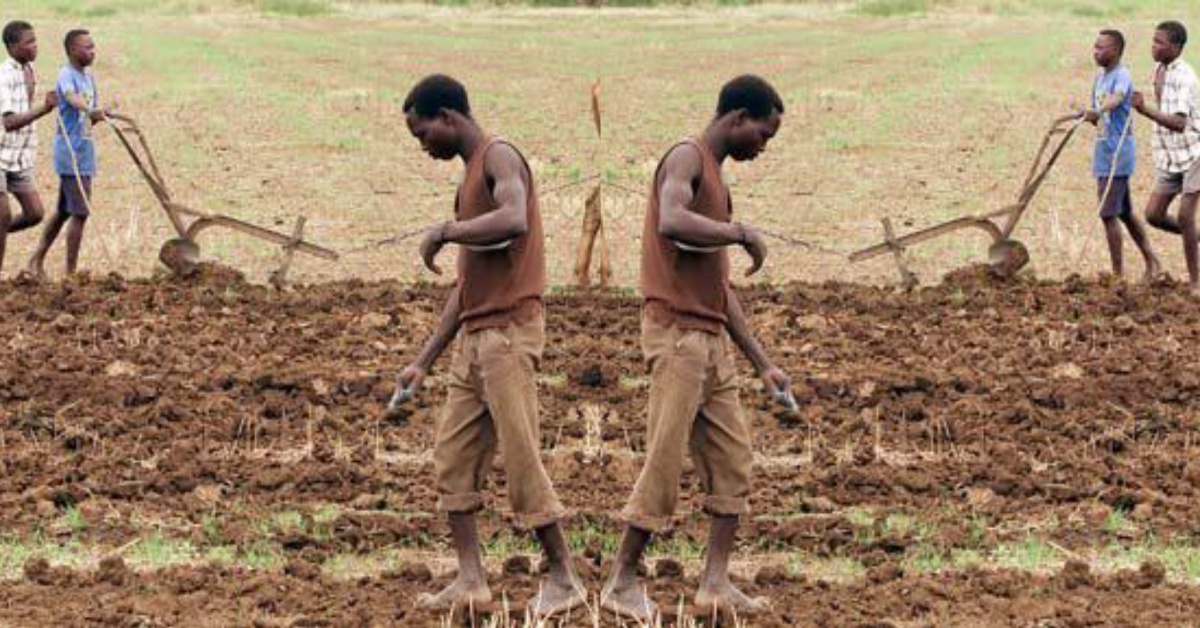United Nations Research in August 2022 by the Food Security Monitoring System analysis proved that 81 percent of homes in Sierra Leone are unable to meet their ‘basic food and nutrition needs.’
The report added that more than 14 percent of the country’s population were ‘severely food insecure and needed emergency food assistance.’
According to the United Nation’s World Food Programme (WFP) Country Director, Yvonne Forsen this issue is because the country imports a large quantity of food and that the war in Ukraine and the price hike of fuel.
She added that recent inflation in the country has also disadvantaged many poor homes in acquiring square meal per day and that that has led to ‘increasing hunger.’
WFP noted that the price of a bag of rice increased by 40 percent in just a year.
Because of this dire situation, the United States Agency for International Development (USAID) has provided US$3.2 million to help and provide emergency food and development assistance in over 65,000 homes.
The WFP said that the funding from USAID will be used for the provision of emergency cash transfers to communities that have suffered the most from the crisis. Parts of the money will also be used to sponsor homegrown school feeding and local farmers.
They added that mobile money will be provided for 40,000 people in Port Loko, Pujehun and Tonkolili Districts in order help provide basic food for their homes.
WFP also promised to support small-scale farmers in Moyamba, Kambia, Pujehun, Falaba and Koinadugu Districts by providing agricultural equipment in order for them to farm on more land and bolster their produce.
The US Ambassador to Sierra Leone, David Reimer said that the money provided by USAID is in line with their commitment to sponsor and invest in the local economy through school-feeding programme and agriculture. The ambassador affirmed that the US government will continue to support Sierra Leone with regards human development.
Development partners believe that the proper implementation of this project will be beneficial for farming; a sector that employs more than half of the country’s population.




 Post a comment
Post a comment









